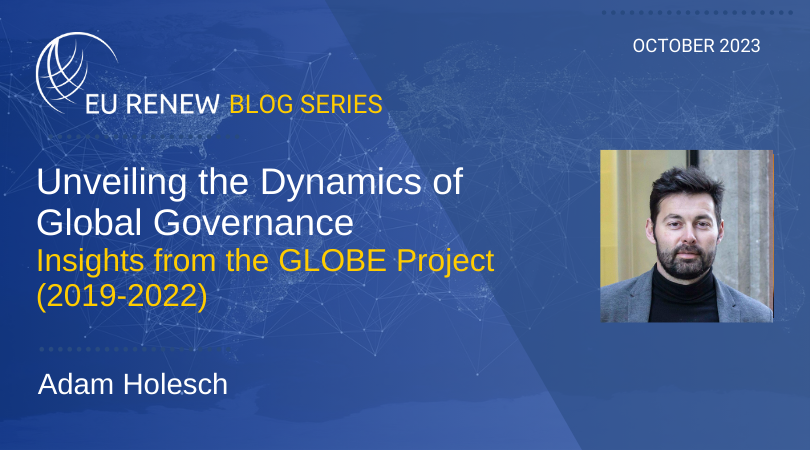Unveiling the Dynamics of World Finance:
In the connected global frugality, understanding the complications of World Finance is consummate for individualities, businesses, and policymakers likewise. This composition delves into the multifaceted realm of global finance, exploring crucial generalities, institutions, and trends that shape the fiscal dynamics of nations across the world.

The Global Financial Landscape
The global fiscal geography is a complex and dynamic system that transcends borders. At its core are fiscal requests, institutions, and instruments that grease the inflow of capital and coffers across countries. World Finance encompasses a different range of profitable conditioning, from transnational trade and investment to foreign exchange requests and transnational pots.
International Monetary Fund( IMF) and World Bank
Two crucial institutions that play a vital part in World Finance are the International Monetary Fund( IMF) and the World Bank. The IMF focuses on maintaining global profitable stability by furnishing fiscal backing, policy advice, and capacity development to its member countries. On the other hand, the World Bank aims to reduce poverty and support sustainable development through fiscal and specialized backing.
Currency Markets and Exchange Rates
The foreign exchange( forex) request is a pivotal element of World Finance, where currencies are traded. Exchange rates, which determine the value of one currency in terms of another, have far- reaching counteraccusations for transnational trade, investment, and profitable stability. Central banks and fiscal institutions nearly cover and manage exchange rates to insure stability and competitiveness in the global business.

Global Trade and Finance
transnational trade is a driving force behind World Finance, fostering profitable growth and development. The exchange of goods and services between nations relies on a complex network of trade agreements, tariffs, and regulations. The backing of global trade involves colorful fiscal instruments, similar as letters of credit, trade finance, and import credit insurance, to alleviate pitfalls and grease smooth deals.
Sovereign Wealth finances
Sovereign Wealth finances( SWFs) are state- possessed investment finances that manage a country’s reserves and invest in colorful asset classes encyclopedically. These finances play a pivotal part in World Finance by impacting capital overflows, supporting domestic diligence, and contributing to long- term profitable stability. SWFs are frequently used by countries to diversify their investment portfolios and harness returns from transnational requests.
Arising requests and Developing husbandry
The dynamics of World Finance are specially shaped by arising requests and developing husbandry. These regions, characterized by rapid-fire profitable growth and industrialization, present both openings and challenges. Investments in arising requests offer high implicit returns, but they also come with increased volatility and pitfalls. Understanding the unique fiscal geographies of these husbandry is essential for global investors and businesses seeking new growth openings.
Technological inventions in World Finance
The digital revolution has significantly impacted World Finance, steering in technological inventions that review how fiscal services are delivered and consumed encyclopedically. fiscal technology( FinTech) has converted payment systems, banking services, and investment platforms. Blockchain technology, decentralized finance( DeFi), and artificial intelligence( AI) are reshaping the fiscal geography, furnishing effectiveness, security, and availability.
Global Financial Regulation and Governance
Given the interconnectedness of World Finance, the need for global fiscal regulation and governance is apparent. International bodies similar as the Financial Stability Board( FSB) and the Basel Committee on Banking Supervision work to establish norms and guidelines to promote fiscal stability and help systemic pitfalls. Harmonizing nonsupervisory fabrics across borders is pivotal to addressing challenges similar as plutocrat laundering, cybersecurity pitfalls, andcross-border fiscal heads.
Environmental, Social, and Governance( ESG) Factors in World Finance
In recent times, there has been a growing emphasis on incorporating Environmental, Social, and Governance( ESG) factors into World Finance. Investors and fiscal institutions are decreasingly considering the sustainability and ethical practices of businesses when making investment opinions. The integration of ESG criteria aims to promote responsible and sustainable finance, aligning investments with broader social and environmental pretensions.
Challenges and openings in World Finance
While World Finance offers unknown openings for growth and collaboration, it also faces multitudinous challenges. Global profitable misgivings, geopolitical pressures, and the impact of unlooked-for events can produce volatility in fiscal requests. Managing systemic pitfalls, addressing income inequality, and navigating the consequences of major dislocations bear coordinated sweats on a global scale.
openings pullulate in areas similar as green finance, inclusive profitable development, and fostering transnational cooperation. As World Finance continues to evolve, stakeholders must remain watchful, adaptive, and committed to addressing the challenges that may arise.
World Finance and the Future Trends and protrusions
Looking ahead, several trends are poised to shape the future of World Finance. The uninterrupted integration of technology, the rise of sustainable finance, and the evolving geography of global trade agreements will impact fiscal requests and institutions. also, the part of arising husbandry in driving global profitable growth and the eventuality for new fiscal inventions will be vital considerations.
Conclusion
In conclusion, the realm of World Finance is a vast and connected network that influences the profitable well- being of nations across the globe. From transnational trade and investment to technological inventions and nonsupervisory fabrics, the dynamics of World Finance are shaped by a myriad of factors. Understanding these complications is essential for individualities, businesses, and policymakers seeking to navigate the intricate geography of global finance in the 21st century
